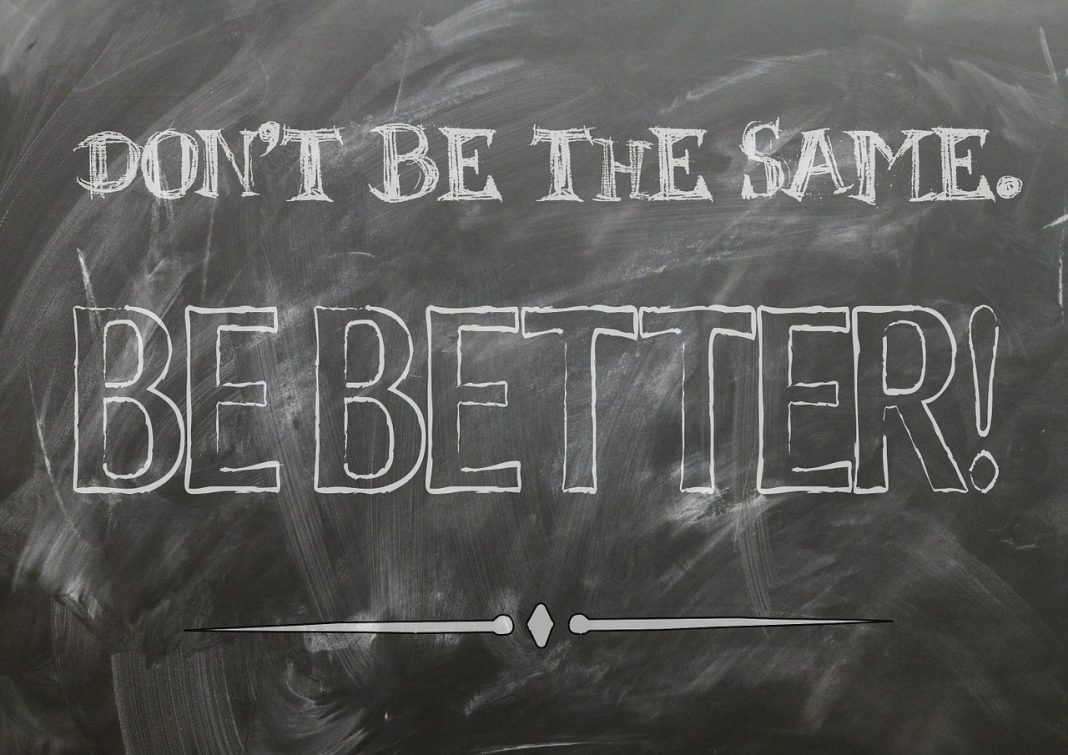The survey you are about to read was administered to a group of adolescent leaders attending a music/arts leadership seminar this past summer sponsored by The University School at Indiana State University. Although the adolescents in attendance featured few, if any, “problem” students, they did project a cross-section of adolescent opinion representative of the junior highs and high schools that the student leaders attended during the academic school year.
The baseline exercise examined by the student leaders was the identification of ineffective approaches in leadership to problem-solving. Reflecting their individual situations, the result was the identification of approaches or methods that they personally resented, hated, or caused rebellion. The approaches to discipline rated most ineffective by this group are listed below. (Music Educators: Do you use any of these?)
The Big Attitude
Leadership students felt that the application of the word attitude was entirely overused. Not only was it overused, but it had become a blanket tag for condemnation. Leadership students believe that everyone uses the word attitude. Parents, teachers, counselors, boyfriends, girlfriends, television shows, you-name-it are all mouthpieces for some application of the word attitude! Attitude, with or without a sentence, signaled a general stamp of disapproval without guidelines for possible redemption. Statements such as, “I don’t like your attitude,” or, “You have a poor attitude,”(according to students responding) did nothing to specify the exact problem or to create avenues for positive behavior growth. What is attitude, anyway? Is it something we have too little or too much of? Is it poor or rich? Is it in an expression or a nod? Is attitude a tone of voice? Is it a combination of responses, such as a question and a tone of voice or an answer and a certain look? Perhaps it is a yawn or a grimace. Maybe attitude is like happiness – different things to different people. It could be a type of identification by the teacher saying, “I don’t really know why I don’t like what you are doing, but I don’t!” The utilization of the word attitude was ranked as the most ineffective approach to discipline a teacher could apply.
The “Holier–Than-Thou” Approach
Leadership students felt that it was hard enough to be a teenager in today’s society without constantly hearing how perfect their teachers and parents had been. The teacher who states, “I would never have thought of doing a thing like that when I was your age,” ultimately has much less control over the situation than the one who says, “I can understand why you would want to do that, however. . .” The student leaders felt that teachers who exhibited hints of actually being human were both more trustworthy and more believable than those who professed to be perfect, always above reproach, or (in their words) holier-than-thou.
The Little Hitler
No matter how good the plan is or the advice may be, the approach, “You will do this, and you won’t do that,” stifles productive responses from adolescents. In fact, students admitted that when approached like this, they seldom heard past the “you will” and “you won’t” part! Students who regarded themselves as relatively conscientious reported that instead of listening to the content of the “Little Hitler” approach, they actually wasted valuable time searching for loopholes in the exact direction and/or indication of the “you will” and the “you won’t!”
Talking Down Syndrome
It cannot be denied that adolescents are certainly more sophisticated today. They know more about the world, daily life, sex, opportunities or the lack of them for the future. The students attending the Musical Leadership Seminar wanted good leaders, but leaders who would work with them. They liked the leaders who talked about “our” band and “our” team, not “my” band or “my” choir. Students were motivated by instructions that began with, “We really need to take care of,” or, “Let’s master this technique today.” The adolescents in the discussion group believed that they could instantly tell the difference between the teacher who taught to benefit the student and the teacher who taught to benefit the teacher. They could also identify the teacher who considered the student as an equal human associate and important teacher/learner partner from the teacher who viewed the student as a lesser subject and younger unimportant subordinate.
The Whiner
Oddly enough, several students reported teachers who whine. When explored further, students indicated that the whiner appeared in two basic forms. The first whiner simply whined and the second whiner utilized the guilt trip. Students believed that it was not beneficial to hear how ungrateful they were and how they didn’t appreciate either their parents or their teachers. The reminder of how hard the parents or teachers worked or how much they cared was not an impressive factor. Students were also unsympathetic to the exasperated sigh their teachers often expressed when asked a seemingly dense or redundant question. Certainly, teachers have elected this occupation and the frustration of the teacher was not a responsibility of the student and they resented the suggestion.
Avenging Own Ego (Defensive)
The student leaders reflected that they were often insensitive with phrases such as, “I’m bored,” “Why do we have to do this?” or, “This is the longest class I’ve ever sat through.” Even though the students admitted that they might be a bit difficult at times (to say the least), they still could readily tell the difference between the teacher who was patient and took the time to explain or comment on their concerns and the teacher who defensively answered to support or avenge his/her own ego. A defensive response from the teacher did little to reestablish a positive learning environment.
In summary, after completing the survey and tabulating the most ineffective approaches to discipline as rated by the group of adolescents attending the seminar, I personally asked my own children if I was guilty of any of the dreaded responses. Although not a frequent violator (my opinion, not theirs), these college-age children indicated that as a parent I had been guilty of at least three of the above approaches and perhaps each of the three even more than once! I’m almost afraid to administer this to my students. How about you?
Vol 8, #3, p.16 (Jan-Feb 1993)






